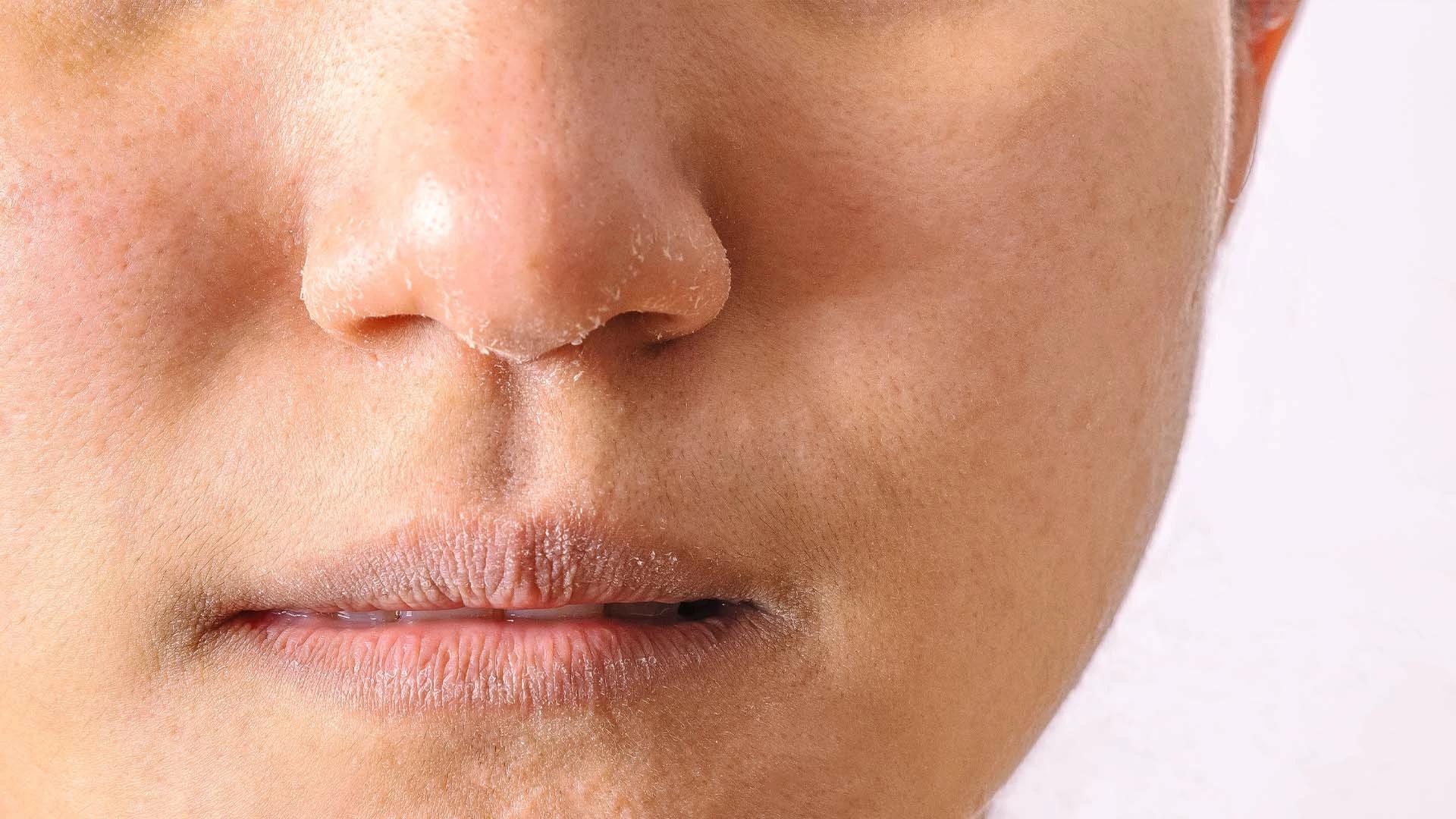How to Perform a Patch Test
Apply a small amount of the serum to a discreet area like behind your ear or on your inner wrist. Wait 24-48 hours to see if any redness, itching, or irritation develops. If your skin stays happy, you're good to go.
Add the Serum to Your Routine
Start by using your new serum every other day, then gradually increase to daily use if your skin tolerates it well. Apply it after cleansing but before your moisturiser. A few drops are usually enough—more isn't always better with serums.
Step 6: Monitor and Adjust
The final step is probably the most important: paying attention to how your skin responds. Good skincare is all about listening to what your skin is telling you and adjusting accordingly.
Signs of Improvement
With the right serum, you should start noticing changes within a few weeks. Your skin might feel more hydrated and comfortable, look plumper and smoother, and have less visible flakiness. The texture should improve, and your makeup should go on more smoothly.
When to Consider Switching Products
If you haven't seen any improvement after 6-8 weeks of consistent use, it might be time to try something different. Also, if you develop any irritation or your skin starts looking worse, stop using the product immediately.
Frequently Asked Questions
Is serum good for dry skin?
Absolutely! Serums are brilliant for dry skin because they deliver concentrated ingredients directly where they're needed. They can provide deep hydration and help repair your skin barrier more effectively than many regular moisturisers alone.
How do I use serum for dry skin?
Apply your serum to clean skin, before your moisturiser. Use a few drops and gently pat it into your skin rather than rubbing. Start with every other day and gradually increase frequency as your skin gets used to it.
Can serums for dry skin be used by people with other skin types?
Many hydrating serums work well for different skin types, especially if you're dealing with dehydration. However, very rich, oil-based serums might be too heavy for naturally oily skin.
Will a serum for dry skin make my skin feel greasy or oily?
A good serum should absorb well into your skin without leaving a greasy residue. If it feels too heavy, you might be using too much, or the formula might not be right for your skin.
Can serums for dry skin help with other skin concerns besides dryness?
Definitely! Many serums multitask beautifully. Hydrating serums can help plump fine lines, while nourishing serums might improve overall skin texture and brightness.
Final Thoughts
Choosing the best face serum for dry skin doesn't have to be overwhelming. Start by understanding your skin's specific needs, then look for serums with ingredients that address those concerns. Remember to introduce new products gradually and give them time to work—good skincare is a marathon, not a sprint. Your skin is unique, so what works for your mate might not work for you, and that's completely normal. The key is finding products that make your skin feel comfortable, hydrated, and healthy. Trust the process, listen to your skin, and don't be afraid to adjust your routine as needed.

 50 ml
50 ml 50 gm
50 gm 50 ml
50 ml 50 gm
50 gm